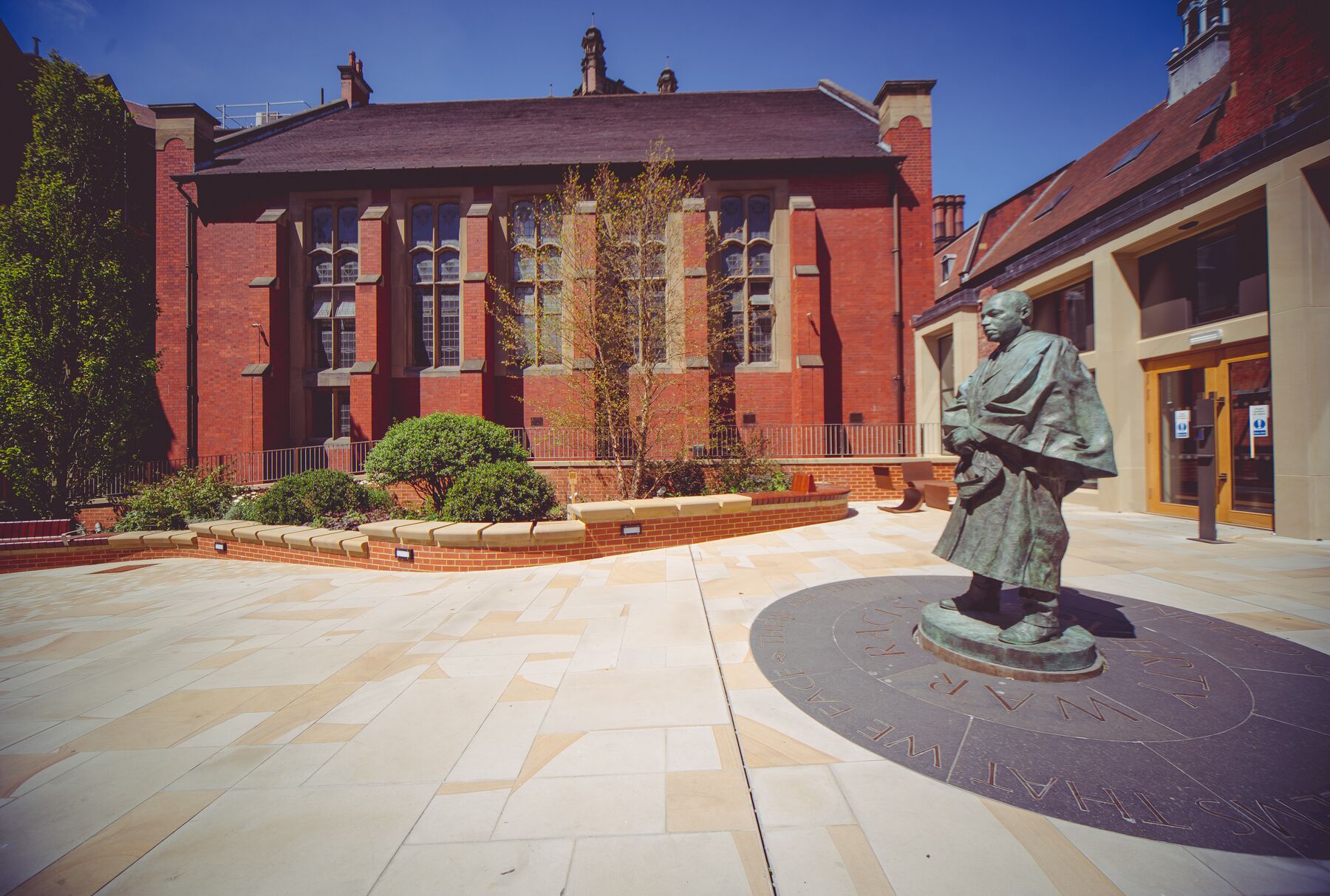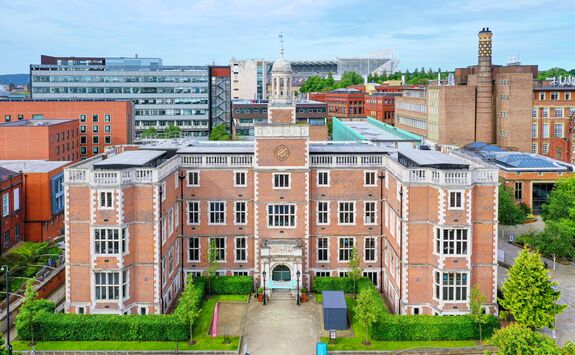Equality, Diversity, and Inclusion
Discover the School's policies and opportunities for Equality, Diversity, and Inclusion.
Drawing on diversity
The diversity of our students and staff is a key strength of our School. Our supportive and positive culture encourages everyone to flourish and reach their potential. We nurture strong, positive relationships between all members of our community. Everything we do is grounded in dignity and respect.
All sections of the School of Modern Languages are represented on our Committee for Equality, Diversity, and Inclusion.
The committee:
- supports students and staff to overcome any barriers relating (but not limited) to:
- gender
- age
- sexual orientation
- ethnic heritage
- religious belief
- physical and/or mental disability and neurodiversity
- promotes inclusive values throughout our community through events and projects
- engages students and staff in joint projects to achieve our aims
We report to the Student-Staff Committees, to the School Executive Board and to the Humanities and Social Sciences (HaSS) Faculty EDI Forum.
Our Equality, Diversity, and Inclusion policy can be downloaded here: SML EDI Policy 2021 (PDF: 410 KB)
Athena SWAN Charter
The School achieved a Bronze Athena SWAN award in October 2018. This included an action plan to work towards greater gender equity in the School.
The School is now part of the HaSS Faculty Silver Award, which was awarded in August 2024.
More information about the Athena Swan Charter can be found here: Athena Swan Charter.
Student Opportunities and EDI
Representation
Student EDI representatives receive training from the Students' Union and the School. This training is delivered at both undergraduate and postgraduate level. Student representatives sit on the EDI committee and the Student-Staff Committee. This is an important role and a great addition to your CV. Equality, Diversity, and Inclusion are all key values for most employers.
Language and Inclusivity
This work began in 2018, with a project led by Anne-Charlotte Husson and Pauline Henry-Tierney on Language and Gender Inclusivity. This multilingual glossary supports English native speakers as well as speakers of Arabic, Chinese, French and Spanish to think about the impact of the words we choose and gender inclusivity in the UK context. We are currently working to include translations into Portuguese, Japanese and German.
We are extending this work to focus on trans and non-binary inclusion in the main languages we teach. In response to student feedback, this work will now also cover:
- Chinese
- French
- German
- Japanese
- Portuguese
- Spanish
A group of colleagues and student interns are working to produce some examples, guidance and resources. These can be helpful for students (especially those preparing to go abroad) and for teachers.
Our longer-term goal with this project is to develop and make available inclusive language resources in relation to other protected characteristics.
Decolonising Ourselves
Have you ever asked yourself how ‘Modern Languages’ came to be a discipline? Or how the ‘global’ languages we study have come to be spoken all over the world? One of the primary motivations for studying languages, cultures and societies is enabling communication and intercultural understanding.
However, we can only really achieve this if we also understand how the languages we speak are embedded in structures of power and domination, historically and today.
Students and colleagues in SML are engaging with decolonial debates, pedagogies and processes, in learning and teaching and research. Below are just a few of our recent activities, events and resources:
- In response to student demand, we have created a reading list for current students focusing on the colonial and postcolonial histories and presents of the cultures and languages that we study and work with.
- The ‘Decolonising Modern Languages’ blog features contributions from colleagues and students, as well as from others working in our disciplines.
- The ‘Decolonising the Curricula Book Festival’, run by students in May 2023 and funded by the NU Black History Month fund, featured:
- presentations from students and the library
- lively discussions over food and drink
- The SML Essay Prize for Decolonial and Inclusive writing, launched in 2024, offers £50 and a mention on the HEAR certificate for the winning student.
Newsletters
You can read more about our decolonising activities in our newsletters:
- SML Decolonising Newsletter - 2021-22 (PDF: 84 KB)
- SML Decolonising Newsletter - 2023-24 (PDF: 27 KB)

